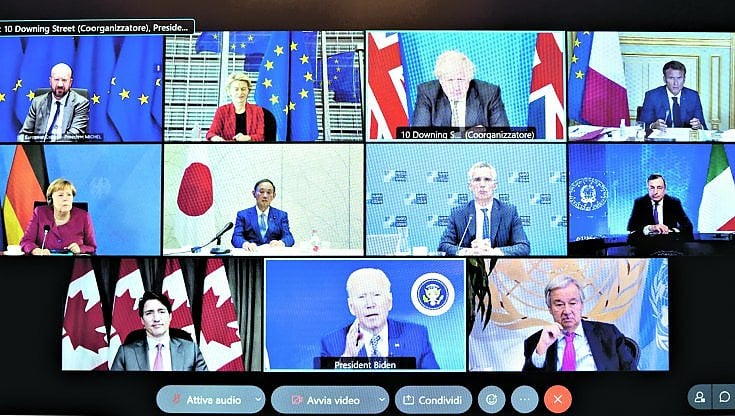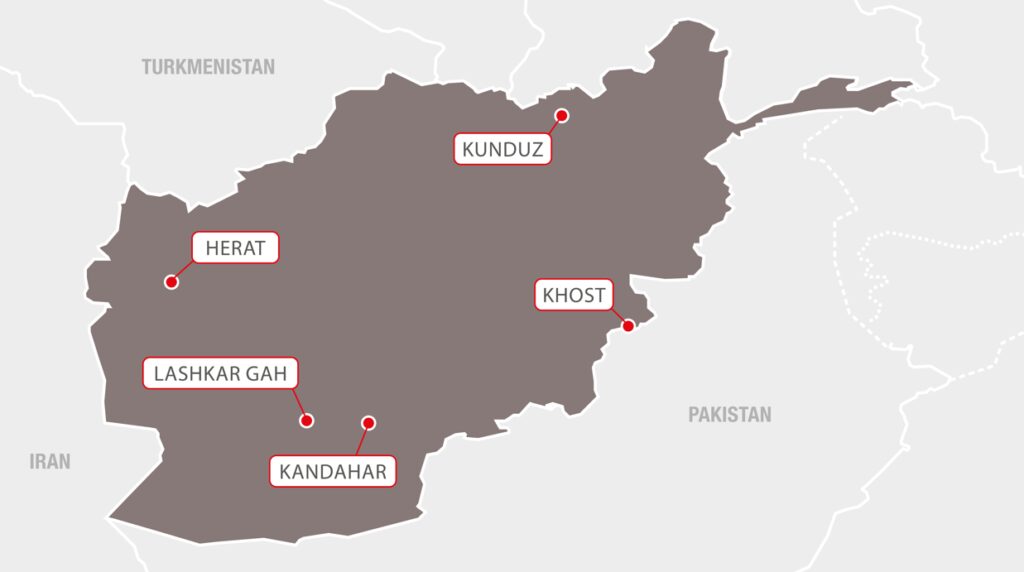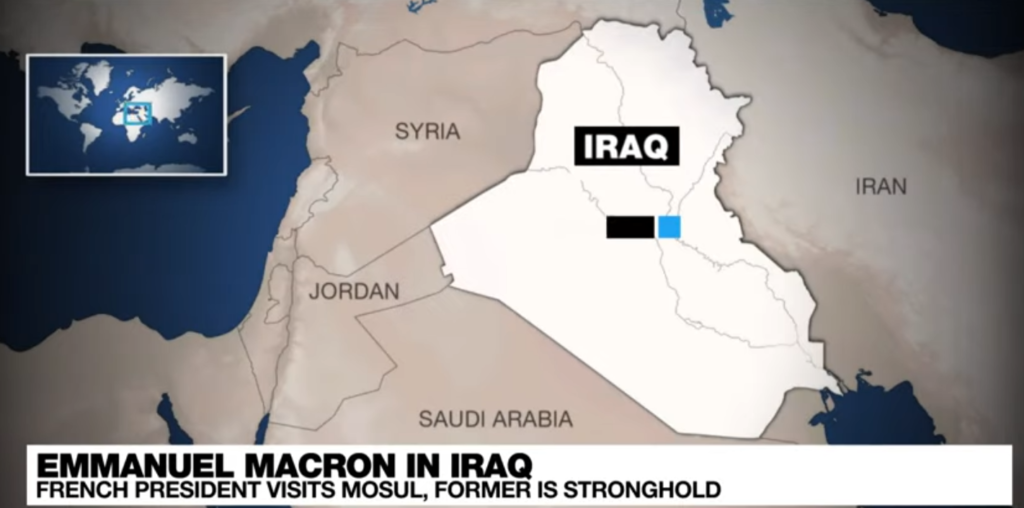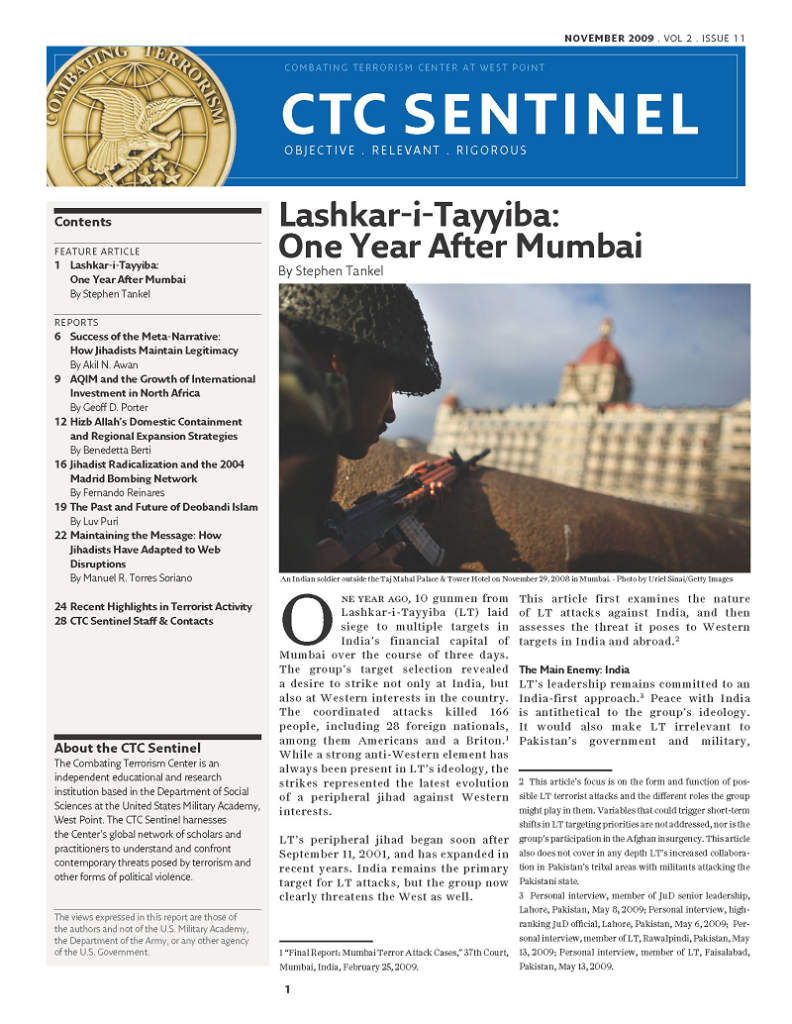L’impatto globale dei talebani

L’Afghanistan tornato nelle mani dei talebani apre scenari inediti su cinque fronti cruciali per la sicurezza globale: la faida jihadista per il controllo di Kabul; il rafforzamento di Qatar, Pakistan e Turchia nel mondo musulmano; la necessità per l’America di Biden di riguadagnare in fretta prestigio ed autorità; l’opportunità per Cina e Russia di modificare a proprio favore gli equilibri di potere in Asia; l’urgenza per l’Europa di fronteggiare profughi e terrorismo, aumentando il proprio profilo strategico.




